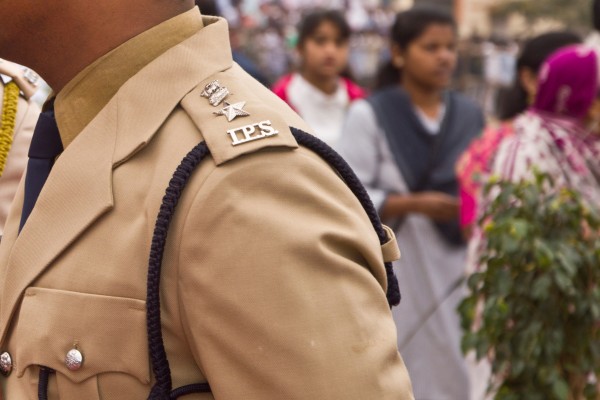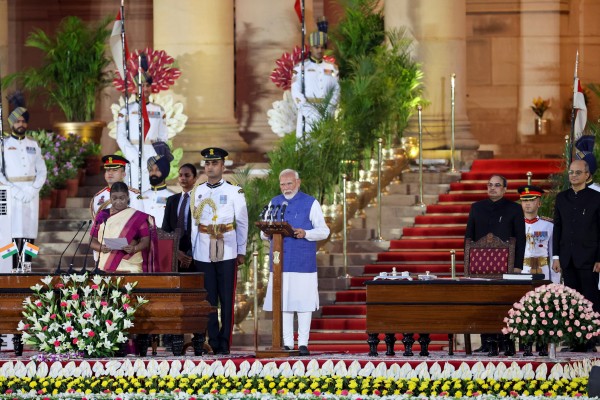Riyad Mathew, Chief associate editor, Malayala Manorama, India
Can journalists work from home? This was the question weighing on our minds when the lockdown was announced in India. So, we opted for a ‘report from the field; write from home’ strategy. The challenges we face are manifold. What could be conveyed with a shout across the newsroom now needs a detailed phone call or elaborate email. Most sources refuse to meet in person, affecting the quality of information. Sources have not been as forthcoming over the phone as they are were in one-on-one meetings. Photographers, especially, have been hamstrung by the restrictions. On the upside, we have been able to eliminate the risk of an intra-bureau infection.
The desk has been split into two teams right up to the top. Team A takes over on a Friday and works for seven days; Team B supports them from home. The roles are reversed the following Friday. Members of the teams have been prohibited from meeting each other outside the office. Wherever possible, access to senior editors within the vulnerable age group has been restricted. Support staff, especially those with a long commute, work only two to three days a week.
The data on the infected and casualties is released by the respective state governments. There is no restriction on reporting these figures. However, the challenge is with regard to the allegations of under-reporting. As early as March 25, former Union health secretary K. Sujatha Rao said that India might be under-reporting Covid-19 cases. Under-reporting could be a mixed bag—both intentional and unintentional.
Also, there is a question about specific cases. A person infected by Covid-19 dies of comorbidities. What should we report the cause of death as? Currently, we go with the cause of death assigned in the death certificate. But some sections of health care professionals have been saying that if the deceased had Covid-19, the death must be chalked under the pandemic and not under comorbidities.
Currently, journalists are listed under essential services, but the general lockdown has hit those without vehicles. Many young journalists had moved on to using a combination of public transport and Uber/Ola. They have been badly hit. The police, too, are uncomfortable when they stop media professionals at a checkpoint that is far from their home and office.
In Mumbai, for example, some of the infected journalists have homes in an apartment complex built for media professionals. Our bureau chief and senior photographer live there, too. The entire complex has been sealed to prevent community spread.
Media outlets are facing severe financial pressure due to the loss of advertising revenue and circulation going down. As distribution networks are down, THE WEEK is printing only from one centre now. Stand sales of all publications have come down to nil; only house deliveries are continuing. On the advertising front, for example, summer usually brings ads of white goods. Akshaya Tritiya, the auspicious day for buying metals, usually sees heavy advertising from jewellers. All that has been wiped out.



